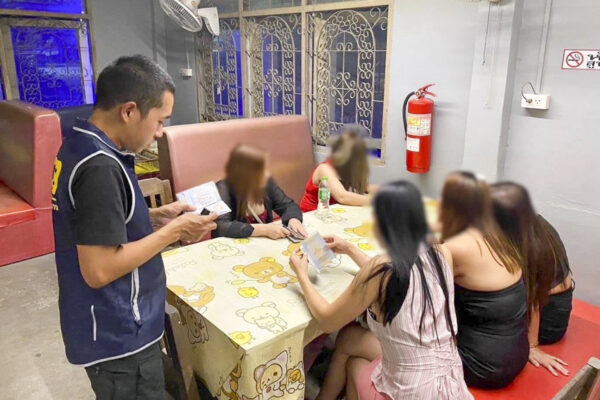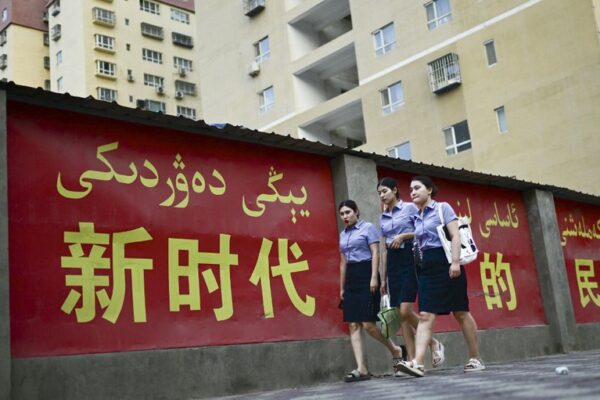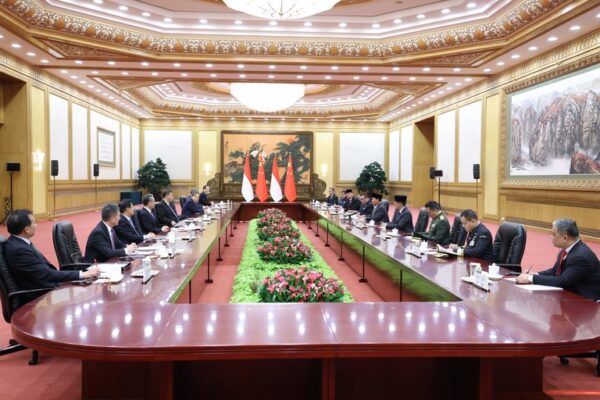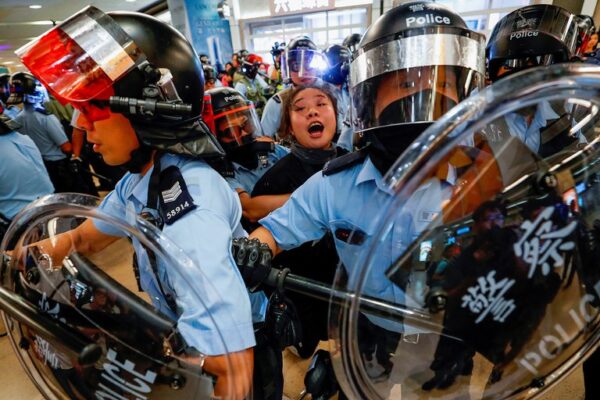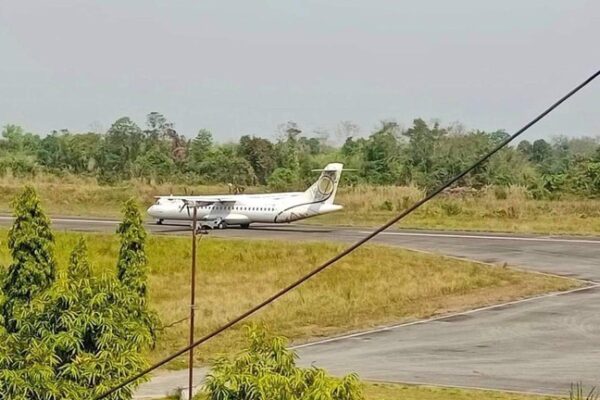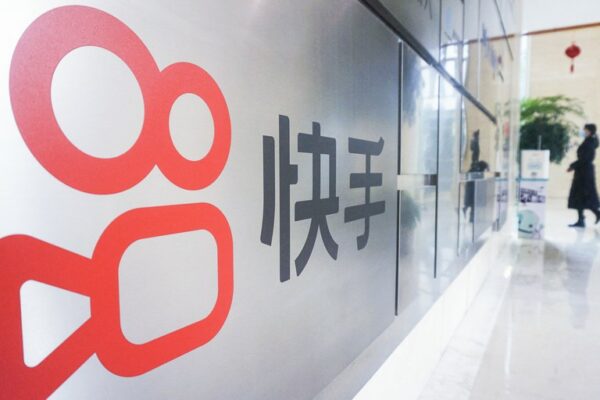
China axes hundreds of TV dramas depicting family tensions
China’s internet censors have deleted hundreds of online TV dramas for portraying the negative aspects of family life amid an attempt by the ruling Communist Party to get more people to start families and rescue plummeting birth rates. Censors at video platforms Douyin and Kuaishou deleted more than 700 videos of TV micro-dramas portraying in-fighting between in-laws because of the “extreme emotions” they evoked, the government’s “Rumor-refuting platform” on Weibo reported. “Many micro-dramas on this theme deliberately amplify and exaggerate conflicts between husband and wife, conflicts between mother-in-law and daughter-in-law, and intergenerational conflicts through eye-catching stereotypes and abnormal and bizarre relationships,” the post said. The move comes as President Xi Jinping tries to promote marriage and family life as a way of boosting flagging birth rates. The number of Chinese couples tying the knot for the first time has plummeted by nearly 56% over the past nine years, with such marriages numbering less than 11 million in 2022. A November 2023 poll on the social media platform Weibo found that while most of the 44,000 respondents said 25 to 28 are the best ages to marry, nearly 60% said they were delaying marriage due to work pressures, education or the need to buy property. The logo of Chinese video sharing company Kuaishou is seen at its company in Hangzhou, in eastern China’s Zhejiang province on February 5, 2021. (AFP) Birth rates have fallen from 17.86 million in 2016 to just 9.02 million in 2023, despite a change in policy allowing couples to have up to three children in 2021. In October, Xi called on women to focus on raising families, and the National People’s Congress this month started looking at ways to boost birth rates and kick-start the shrinking population, including flexible working policies, coverage for fertility treatment and extended maternity leave. Changing priorities But young women in today’s China are increasingly choosing not to marry or have kids, citing huge inequalities and patriarchal attitudes that still run through family life, not to mention the sheer economic cost of raising a family. A recent study of Mandarin pop songs aimed at a female audience focused far less on romantic love and more on personal freedom and economic independence. It appears the authorities want to avoid having women put off taking the plunge into family life by clamping down on mother-in-law gags and other depictions of family tensions. A screen shows a military parade at a booth of Chinese video-streaming startup Kuaishou, at the 2020 China International Fair for Trade in Services (CIFTIS) in Beijing, September 4, 2020. (Tingshu Wang/Reuters) “Douyin and Kuaishou have recently removed from the shelves a number of illegal micro-short dramas that deliberately choreographed “mother-in-law and daughter-in-law battles” to exaggerate extreme emotions.” The deleted shows “promoted unhealthy and non-mainstream views on family, marriage and love, and deliberately amplified and exaggerated conflicts between husband and wife, mother-in-law and daughter-in-law, etc,” the Weibo “rumor-refuting” post said. The censored titles included shows called “My Husband is a Mommy’s Boy,” “In the Doghouse with Mother-in-law,” and “Rich Lady Strikes Back,” and were removed to promote the “healthy development” of the online video market, it said, adding that Kuaishou had deleted more than 700 such shows. China’s State Administration of Radio, Film and Television has also issued new rules requiring platforms to apply for a license to distribute online TV shows, starting June 1. ‘Positive energy’ Current affairs commentator Chang Guantao said many online TV producers like to use social injustice as a talking point to get more viewers, which he said was “embarrassing” to the government, which wants anything posted on China’s tightly controlled internet to exude “positive energy” for the future of the country. “More and more micro-dramas are vying with each other to directly address society’s sore points, and those marginalized by government policy,” Chang said. “This is likely something that news regulators and public opinion control agencies don’t want to see, so they have to regulate and control them, and limit their development in various ways,” he said. The logo of Chinese video-streaming startup Kuaishou is seen in Beijing, China May 10, 2017. (Stringer/Reuters) Current affairs commentator Bi Xin said micro-dramas have been much more lightly regulated than regular TV shows — until now. “It doesn’t cost too much to make a micro-drama, around 300,000 yuan (US$41,000), but they have a wider reach,” Bi said. “The authorities need to suppress and manage them by forcing them to get licensed, because their content isn’t always in line with the main theme [of government propaganda].” The news website Caixin quoted micro-drama producers as saying that there will now be a classification and hierarchical review system for the shows, which will be divided according to their production budget. Higher budget shows will be directly regulated by the State Administration of Radio, Film and Television, while lower budget productions will be managed by the same authorities at the provincial level. The lowest-budget shows will be left to video-sharing platforms to censor, the report said. Translated by Luisetta Mudie. Edited by Malcolm Foster.

